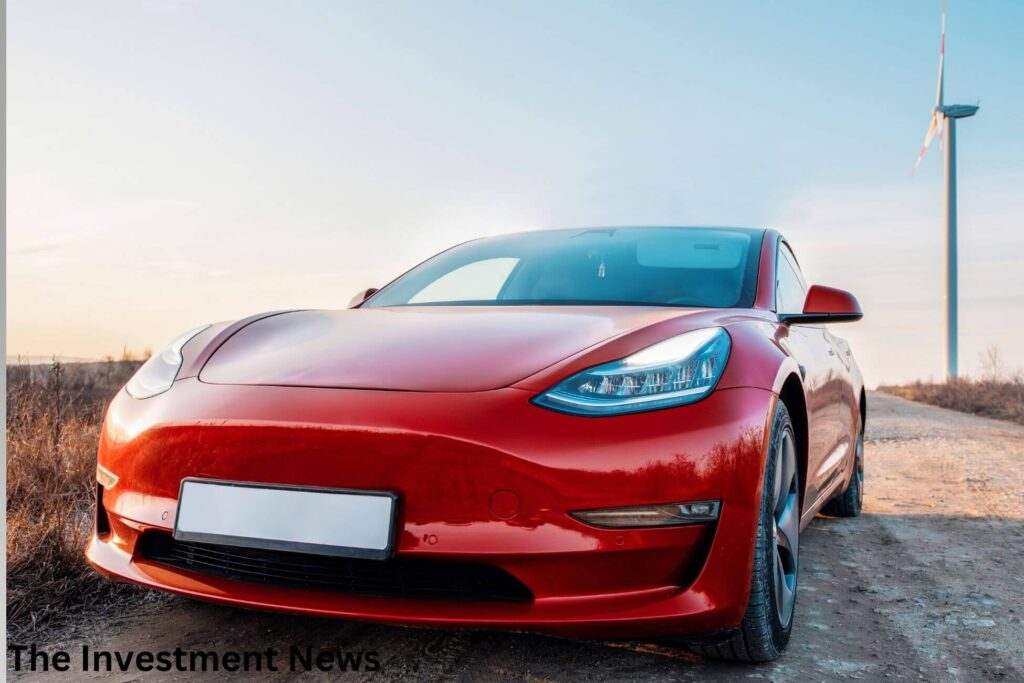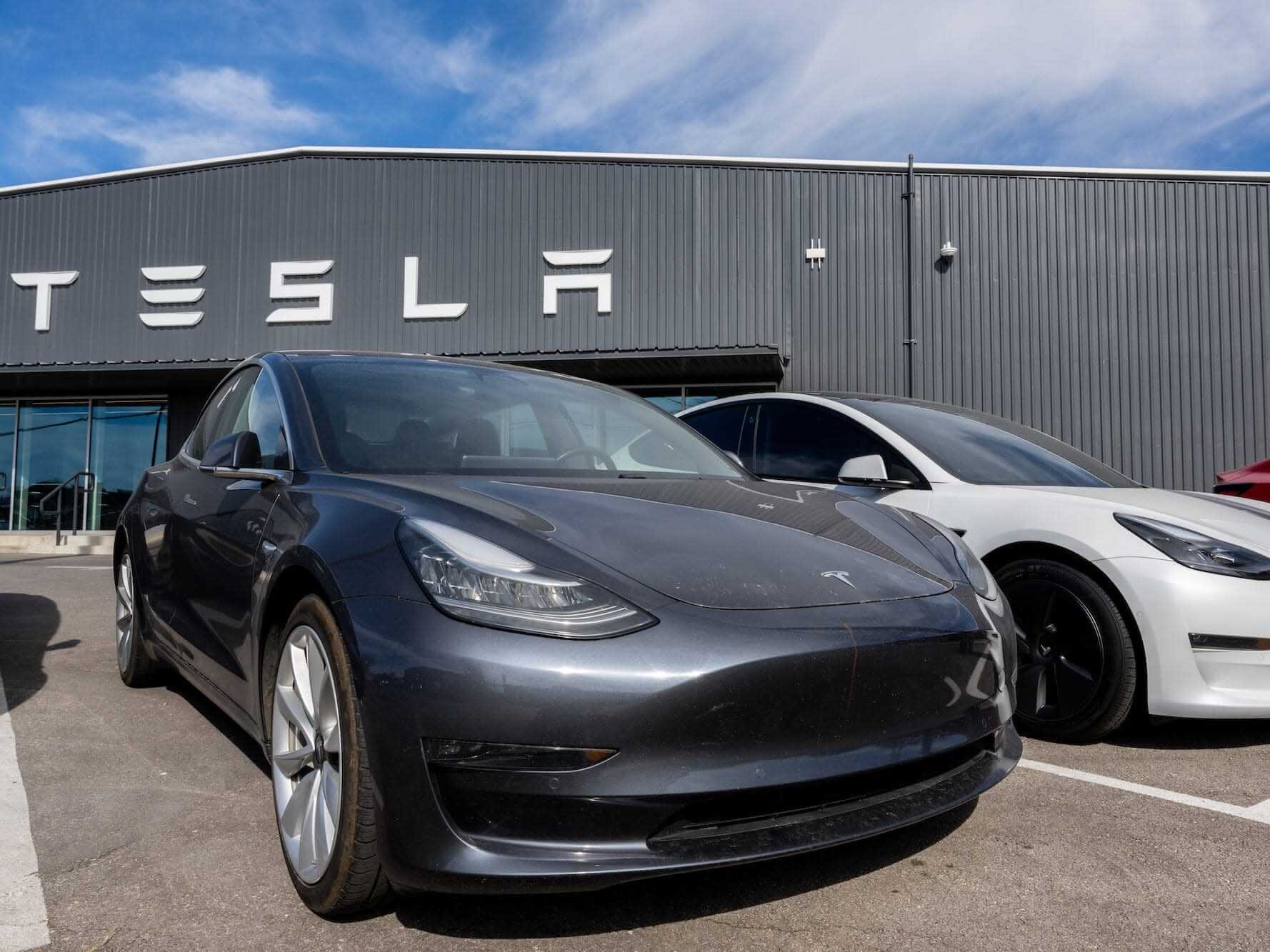After a remarkable 2023 that saw Tesla’s shares more than double, the electric vehicle (EV) giant is experiencing a challenging start to 2024. Tesla’s market valuation has plummeted by over $94 billion in the first two weeks of the year, marking its most significant loss in market capitalization since going public in 2010.
Several factors contribute to Tesla’s struggles, including an unexpected shift in electric vehicle strategies by Hertz Global Holdings Inc., continuous price cuts for Chinese-made cars, and indications of rising labor costs. These challenges coincide with a slowdown in the growth of EV demand, particularly in the United States.

Investors’ primary concern revolves around Tesla’s stagnating growth, exacerbated by price cuts in China, leading to what analysts describe as a “race to the bottom” in the competitive EV market. The 12% drop in Tesla’s stock since the beginning of January is the steepest in percentage terms since 2016.
Tesla’s aggressive price-cutting strategy, initiated in early 2023 to stimulate demand, has resulted in a gradual erosion of its once-substantial profit margin. The automotive gross margin, excluding regulatory credits, fell from 27.9% to 16.3% in the third quarter of 2023. This trend is intensifying with recent pay raises for production workers at Tesla’s U.S. plants.
“We are going through a cyclical downturn for EVs, but competitive dynamics are exacerbating the cyclical pressures,” states Ivana Delevska, Chief Investment Officer at Spear Invest. The combination of price cuts and declining margins reflects unfavorable competitive dynamics in the industry.
To compound Tesla’s challenges, shipments to its Berlin plant have been rerouted due to military actions and security concerns in the Red Sea. Most production at the Berlin plant is set to be suspended from Jan. 29 to Feb. 11.
While Tesla’s fourth-quarter delivery numbers exceeded analysts’ expectations, they placed the company behind China’s BYD Co. in global electric car sales. This shift has disappointed investors who witnessed Tesla’s impressive performance as the eighth-best stock in the S&P 500 last year, only to become the eighth-worst performer in the early days of 2024.
Elon Musk, Tesla’s CEO and the world’s richest person, has seen his net worth shrink by $23 billion in the first weeks of 2024. The majority of Musk’s wealth comes from his 13% stake in Tesla and approximately 304 million exercisable stock options.
Despite these setbacks, Tesla remains a key player in the global transition to electric vehicles, leading the market in the U.S. and outperforming rivals in terms of revenue and profits. However, with the company’s valuation at $750 billion, proponents argue that Tesla must deliver on promises of fully autonomous driving and artificial intelligence to justify its extraordinary market position.
In conclusion, Tesla’s challenges in 2024 underscore the complexity of navigating a rapidly evolving EV market and the need for sustained innovation to meet investor expectations.









